Spice Up Your Life: A Mediterranean Diet Guide for Spice Lovers
Table of Contents
Introduction to the Mediterranean Diet and Spices
The Mediterranean diet is more than just a way of eating—it's a lifestyle rooted in the rich culinary traditions of countries bordering the Mediterranean Sea. Known for its emphasis on fresh, whole foods, healthy fats, and an abundance of herbs and spices, this diet has been celebrated for its health benefits and vibrant flavors. At the heart of this diet are spices—those little powerhouses that not only enhance taste but also contribute to overall wellness.
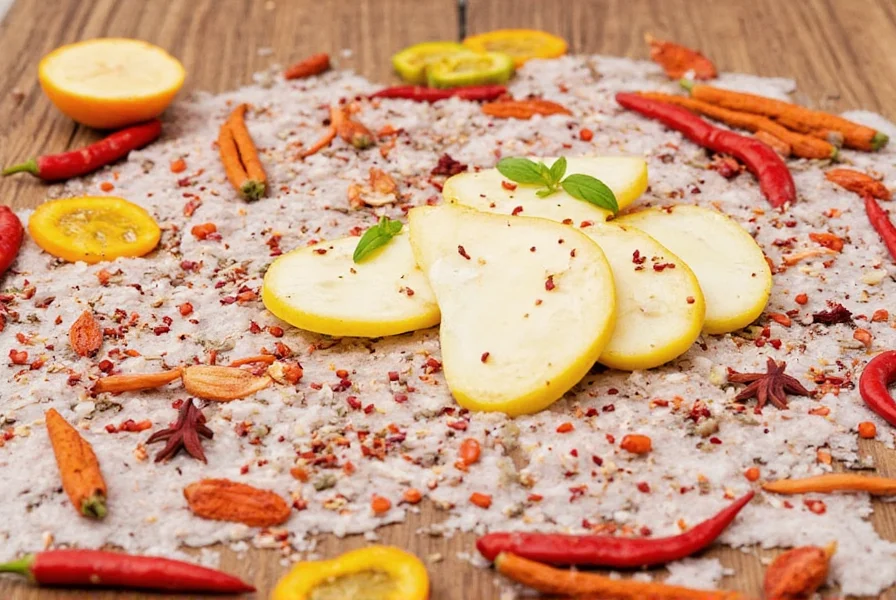
From the smoky warmth of cumin to the bright zest of oregano, each spice plays a unique role in Mediterranean cuisine. Whether you're cooking up a hearty lamb dish or whipping up a fresh salad, the right combination of spices can elevate your meal from good to unforgettable.
Essential Spices in the Mediterranean Diet
Let’s take a closer look at some of the most commonly used spices in the Mediterranean diet:
| Spice | Flavor Profile | Common Uses |
|---|---|---|
| Oregano | Earthy, pungent, slightly bitter | Pizza, tomato-based sauces, grilled vegetables |
| Cumin | Smoky, nutty, warm | Stews, roasted meats, hummus |
| Thyme | Woody, slightly sweet, floral | Roasted chicken, soups, herb blends |
| Rosemary | Piney, sharp, aromatic | Roasted potatoes, meat rubs, bread |
| Saffron | Sweet, floral, earthy | Paella, risotto, saffron rice |
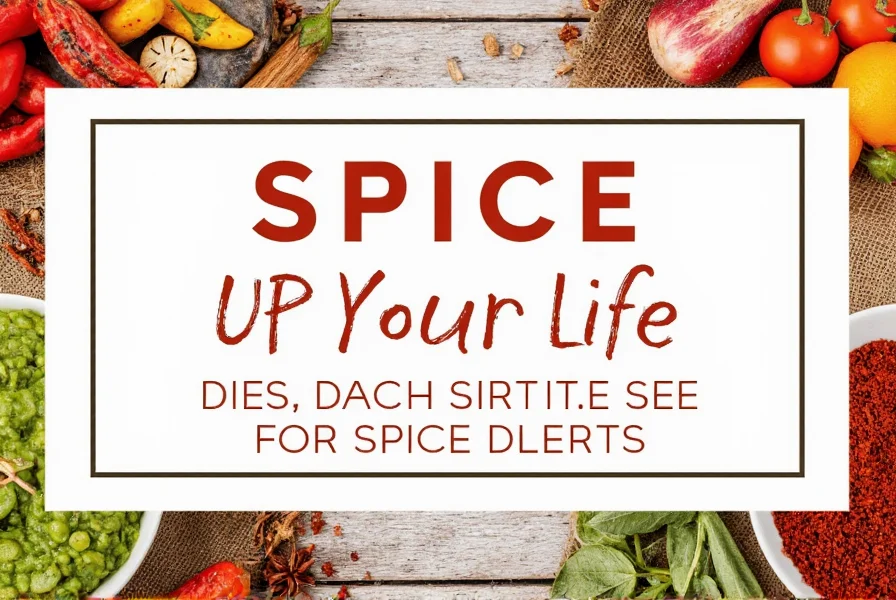

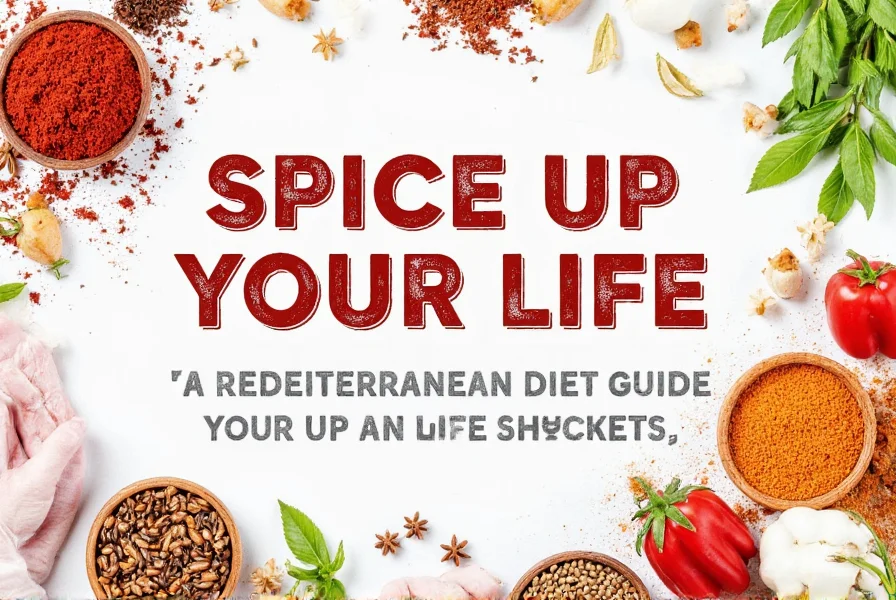
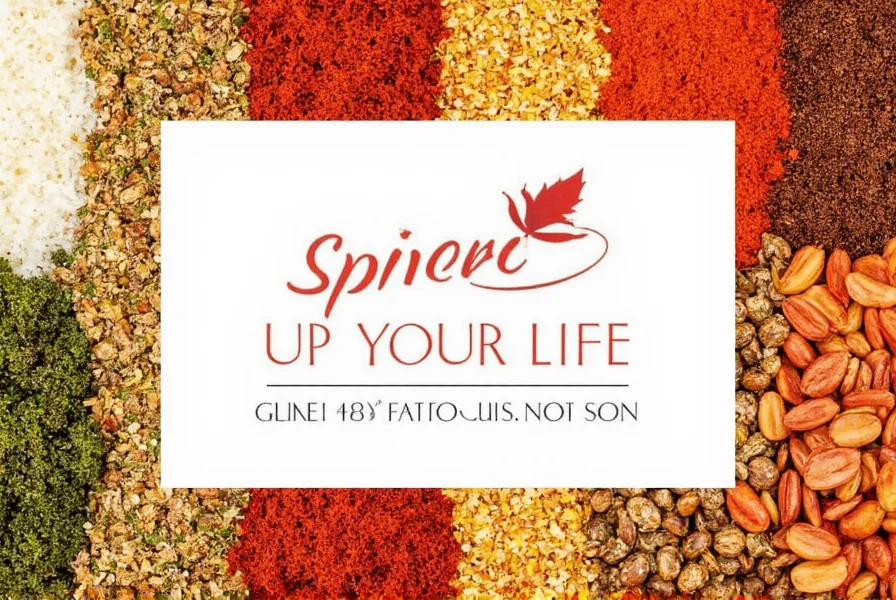
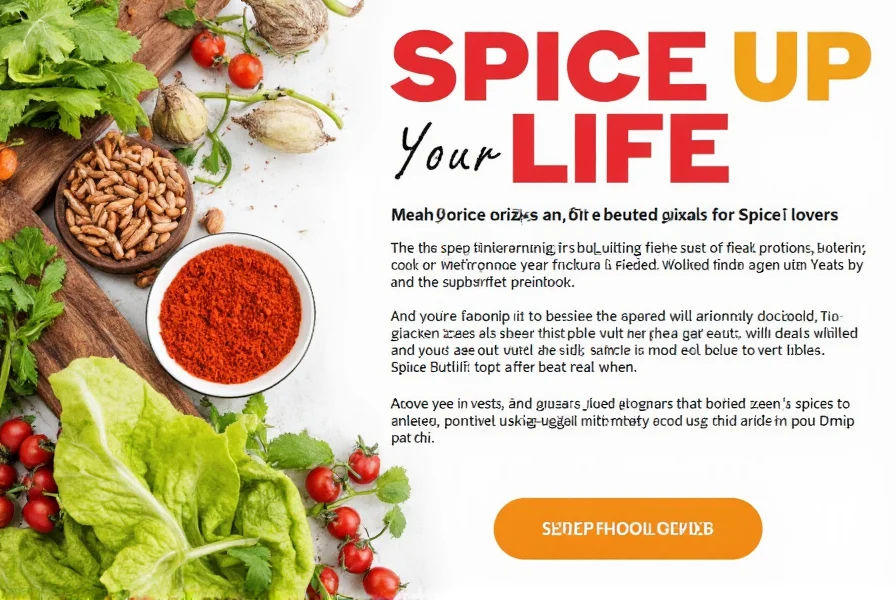
These spices aren’t just flavor enhancers—they’re also packed with antioxidants and anti-inflammatory properties, making them a natural addition to any healthy diet.
Top 10 Tips for Cooking with Mediterranean Spices
Whether you're a seasoned chef or a kitchen newbie, these tips will help you make the most of your Mediterranean spices:
- Start with a small amount: Spices are potent, so it's best to add them gradually and adjust to taste.
- Use fresh spices when possible: Fresh herbs like oregano and thyme offer a more vibrant flavor compared to dried versions.
- Toast ground spices before use: Toasting cumin or coriander can release their oils and intensify their aroma.
- Pair spices with complementary ingredients: For example, rosemary pairs well with garlic and olive oil, while saffron enhances the richness of seafood.
- Experiment with spice blends: Try creating your own mix of za'atar, garam masala, or herbes de Provence for a unique twist.
- Store spices properly: Keep them in airtight containers away from heat and light to preserve their potency.
- Use spice as a finishing touch: Sprinkle fresh herbs or crushed spices over dishes just before serving for maximum flavor.
- Balance strong flavors: If a dish feels too spicy or overpowering, counterbalance with acidic elements like lemon juice or vinegar.
- Try different spice combinations: Don't be afraid to mix and match—sometimes unexpected pairings create magical results.
- Enjoy the process: Cooking with spices should be fun! Let your creativity shine and discover new flavor profiles along the way.
Buying Guide: Choosing the Best Mediterranean Spices
If you're looking to bring the flavors of the Mediterranean into your kitchen, here's a guide to help you choose high-quality spices:
1. Oregano
Features: Dried oregano is commonly used in Mediterranean recipes. Look for deep green, aromatic leaves without any moisture.
Advantages: Adds a robust, earthy flavor to dishes like pasta, pizza, and stews.
Use Cases: Ideal for both cooking and garnishing.
Target Audience: Home cooks, Italian or Greek cuisine enthusiasts.
Suitable Occasions: Weeknight dinners, holiday meals, casual gatherings.
2. Cumin
Features: Whole cumin seeds or ground cumin. Choose cumin with a warm, nutty scent.
Advantages: Adds depth and complexity to dishes like soups, curries, and roasted vegetables.
Use Cases: Great for seasoning meats, legumes, and grain bowls.
Target Audience: Adventurous cooks, Middle Eastern and Indian cuisine lovers.
Suitable Occasions: Family dinners, potlucks, cultural celebrations.
3. Thyme
Features: Fresh thyme sprigs or dried thyme. Look for plump, fragrant leaves.
Advantages: Offers a subtle, woodsy flavor that complements many Mediterranean dishes.
Use Cases: Perfect for roasting, braising, and baking.
Target Audience: Bakers, home chefs, and those who enjoy rustic cooking.
Suitable Occasions: Brunches, dinner parties, everyday meals.
4. Rosemary
Features: Fresh rosemary or dried rosemary. The leaves should be fragrant and not brittle.
Advantages: Adds a pine-like aroma and bold flavor to roasted meats and baked goods.
Use Cases: Excellent for grilling, marinades, and bread.
Target Audience: BBQ enthusiasts, bakers, and those who love bold flavors.
Suitable Occasions: Barbecues, festive meals, family gatherings.
5. Saffron
Features: Threads of saffron, usually sold in small quantities. High-quality saffron has a deep red color and a distinct aroma.
Advantages: Adds a luxurious, golden hue and a delicate, floral flavor to dishes.
Use Cases: Ideal for paella, risotto, and saffron rice.
Target Audience: Gourmet cooks, foodies, and special occasion chefs.
Suitable Occasions: Celebrations, fine dining, gourmet nights.
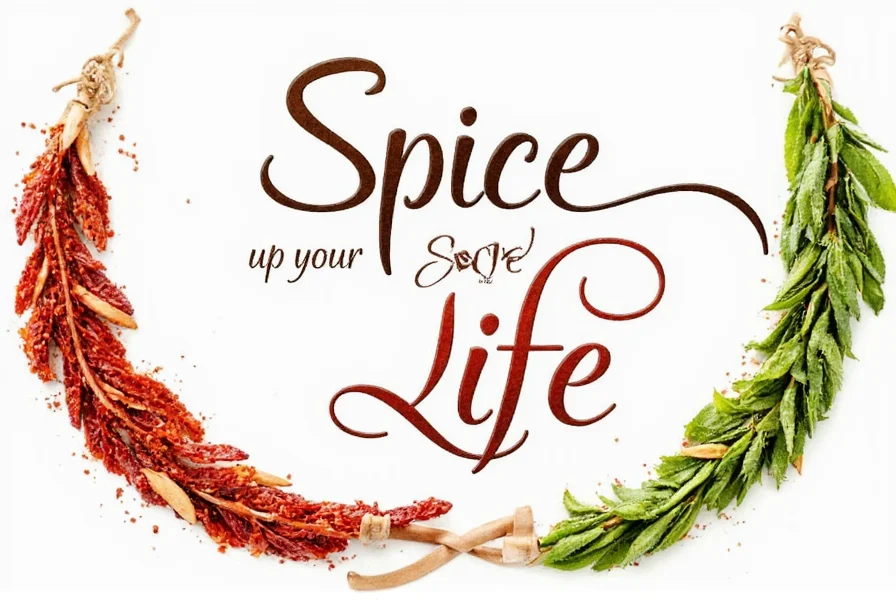
The Mediterranean diet is a celebration of life, flavor, and tradition. By incorporating these essential spices into your cooking, you'll not only enhance your meals but also connect with a centuries-old culinary heritage that values simplicity, quality, and balance.
Conclusion: Embrace the Flavors of the Mediterranean
The Mediterranean diet is more than just a set of guidelines—it's a way of living that celebrates the joy of food, the importance of community, and the beauty of nature. At the heart of this lifestyle are spices, which bring depth, character, and health benefits to every dish. Whether you're cooking for yourself or sharing a meal with loved ones, the right blend of spices can transform ordinary ingredients into something extraordinary.
So why wait? Start exploring the world of Mediterranean spices today. With the right tools, knowledge, and a little bit of creativity, you can bring the flavors of the Mediterranean into your kitchen and your life. Remember, the mediterranean diet is not just about what you eat—it's about how you savor it.












 浙公网安备
33010002000092号
浙公网安备
33010002000092号 浙B2-20120091-4
浙B2-20120091-4